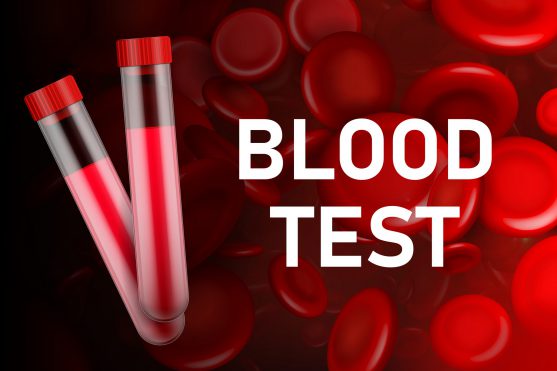You may have been prescribed blood tests to help diagnose if you have cancer. This article will help you understand what these tests are and how they are useful.
What are tumor markers?
Tumor markers are substances found in higher-than-normal levels in the blood of some people with cancer. These substances are either produced by cancer cells or by healthy cells in response to the cancer cells.




What are the uses of tumor markers?
- Tumor markers are most often used to check whether a treatment is working or not. If the tumour marker level is going down, that means the treatment is working.
- Tumor markers are also used in certain cancers to watch for recurrence (cancer has come back after successful treatment).
- Tumor markers can also be used along with other tests (scans and biopsies) to help find cancer in a patient who has symptoms that are suspicious of cancer.
- Rarely, they are used to screen people at high risk for cancer.
Does every cancer have a tumor marker?
- There are different types of tumor markers for different types of cancer.
- However, certain tumor markers are associated with only one type of cancer. Other tumor markers are associated with more than 1 cancer.
- Some tumors don’t have tumor markers associated with them.
Common tumor markers
Below are some of the most common types of tumor markers and what they are used for.
CA-125 (Cancer Antigen- 125)


| Tumour marker for | Ovarian cancer |
| Uses | - To check if treatment is working or not
- To check if cancer has come back after successful treatment
|
| Normal value | < 35 units per mL |
PSA (Prostate specific Antigen)
| Tumour marker for | Prostate cancer |
| Uses | - Screen for prostate cancer
- To diagnose prostate cancer
- To check if treatment is working or not
- To check if cancer has come back after successful treatment
|
| Normal value | < 4 ng/ml |
CEA (Carcinoembryonic antigen)


| Tumour marker for | Colon cancer |
| Uses | - To check if treatment is working or not
- To check if cancer has come back after successful treatment
|
| Normal value | <2.5 ng/ml in non-smokers <5 ng/ml in smokers |
CA 19-9 (Cancer Antigen- 19-9)


| Tumour marker for | Pancreatic cancer |
| Uses | - To check if treatment is working or not
- To diagnose cancer
|
| Normal value | < 37 U/ml |
AFP (Alpha-fetoprotein)


| Tumour marker for | Liver cancer, and cancers of the ovary or testicles |
| Uses | - To diagnose liver cancer
- To check if treatment is working or not
|
| Normal value | 0-15 IU/ml |
What to expect during a tumour marker test?
- It is a blood test, so the health care professional will take a blood sample from a vein in your arm, using a small needle.
- You usually don’t need any special preparations for this test.
- You may experience slight pain or bruising at the spot where the needle was put in, but most symptoms go away quickly.
What are the limitations of tumour marker tests?
Tumor marker tests can provide a lot of helpful information, however it may not always be correct. The limitations include:
- Some noncancerous conditions can also raise tumor marker levels.
- Tumor markers may go up and down over time, making it a little difficult to measure them consistently.
- Sometimes, the level of a tumor maker may not go up until the cancer is in the last stage.
- Some cancers don’t make tumor markers.
- Even if there is a cancer known to raise tumor marker levels, some people won’t have high levels of that tumor marker.
Is there any chance that the tumor marker test reports may go wrong?
- Yes, there is a chance that the report may show “false negative”, which means the results tell that the person doesn’t have cancer, when they actually have cancer. The other possibility is it also means that a treatment is working when it’s actually not working.
- Also, there’s a chance that the report may show “false positive”, which means the results suggest a person has cancer or that the cancer is growing, even when it’s not.
- That’s why other tests are usually done along with tumor marker tests to confirm the findings.

